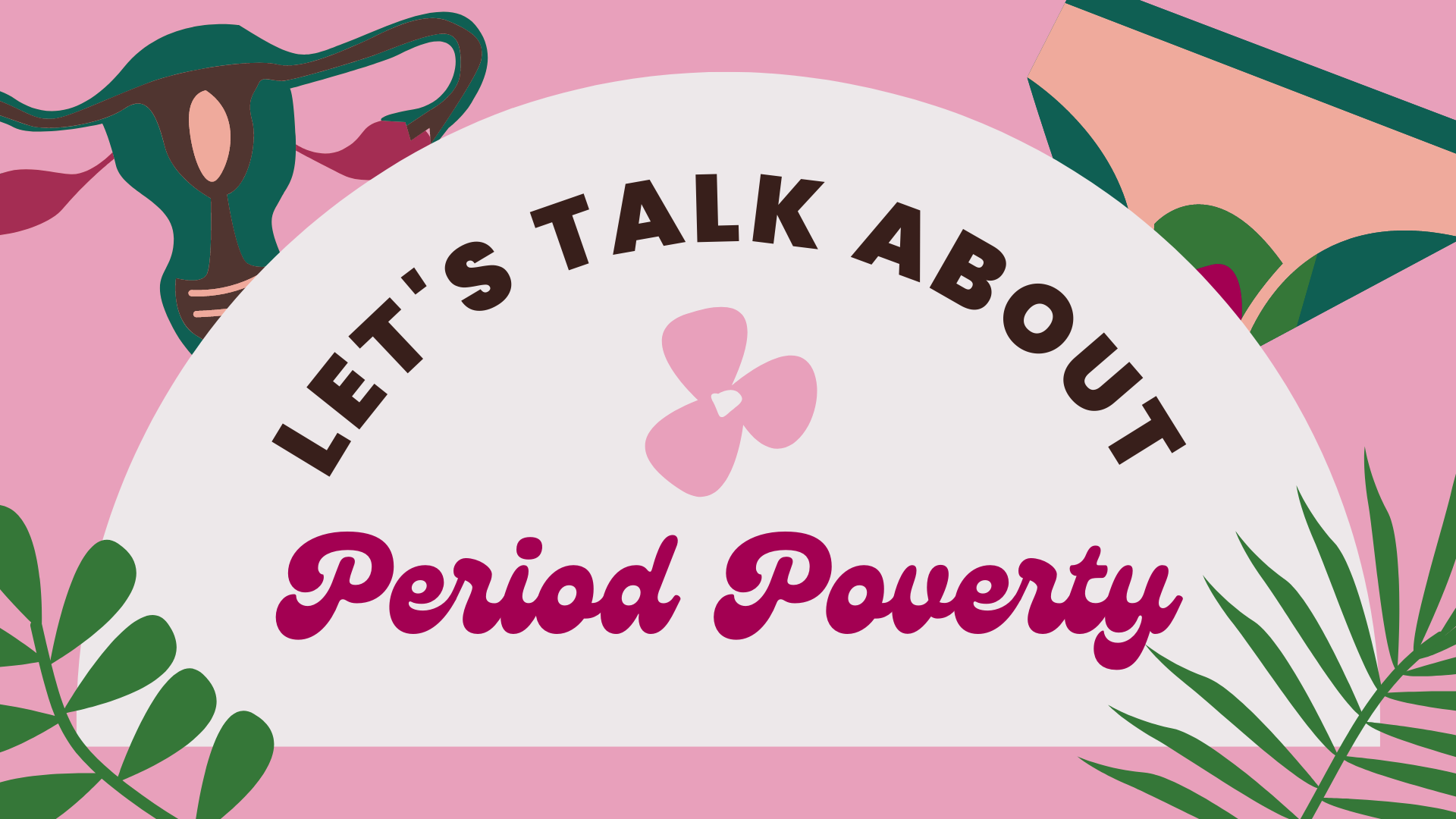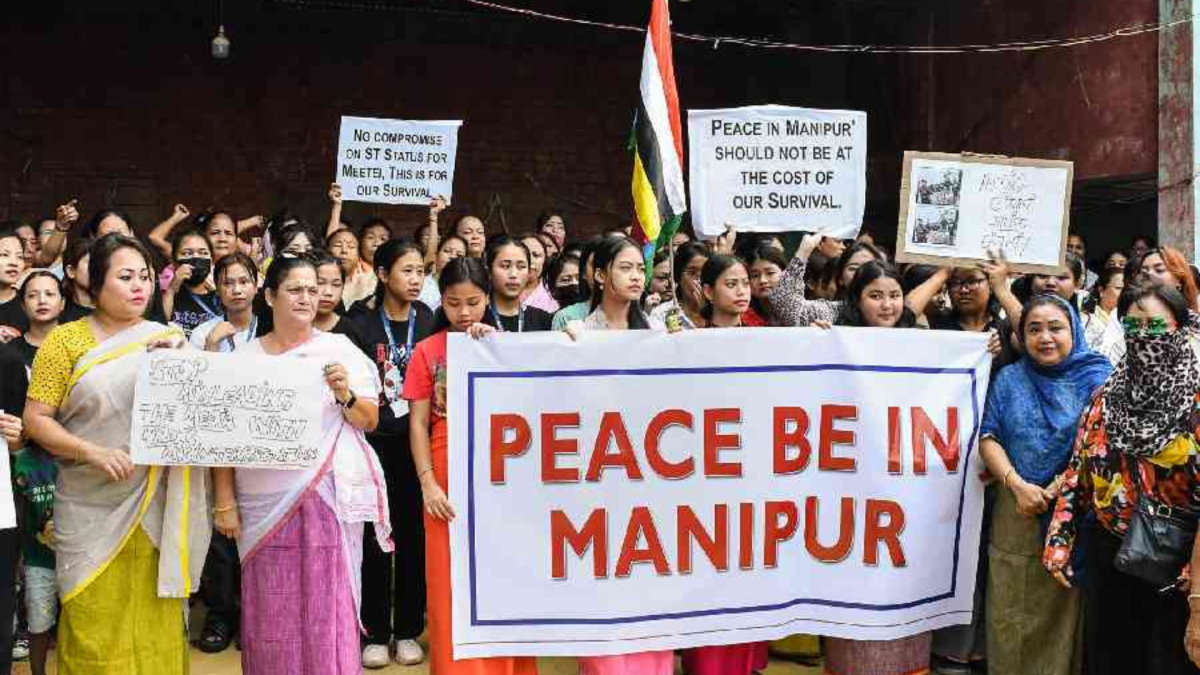Menstrual taboos are a universal reality. Specifically in India, years of incorrect education, training and conditioning about periods has contributed to the existence of such taboos and myths that prevent female participation in many socio-cultural practices. One does see, however, the advent of sensitized education and awareness programs that counter these taboos and create a discourse that is progressive, scientific and devoid of orthodox references. The question is whether this counter-discourse is far-reaching and effective beyond the urban parameters?
In 2020, 70 girls at the Shree Sahajanand Girls Institute in Gujarat’s Bhuj were asked to remove their underpants to check if they were on their periods as they had allegedly entered the kitchen or the temple on the hostel premises. From facing social apartheid to individual health-issues, girls, especially in rural India not just struggle with menstrual hygiene but also with the mental trauma that comes with everyday shaming and mocking. The root of the problem lies in inadequate education, lack of leadership, poor training methods and ineffective awareness advertising. As per UNESCO, during the Covid-19 pandemic, 23 Million girls dropped out of school due to lack of menstrual hygiene and awareness.
Research states that 71% of adolescent girls in India remain unaware of menstruation until they get their first period. Menstrual education at a young age can help condition adolescent girls against many socio-cultural myths that they are taught at home. For this, teachers at the remotest of the schools in the country need to be trained under a comprehensive program where menstrual education is considered compulsory and not just as an extra-curricular or optional part of education. Co-ed schools need to be period-friendly not just in terms of the facilities but also in terms of anti-discrimination norms and awareness campaigns for boys in the school. Female representation in the leadership of this country is very skewed, from the highest to the panchayat level. Increasing female involvement in decision-making roles across all levels can go a long way in creating a period-free ecosystem. Execution of progressive ideas usually gets limited to the cities. At the rural level, using the symbols and languages specific to different regions to convey the same progressive message can help breach the conservative mindset of those areas. For this, we need to increase the literacy and qualification status of women at the rural level who can then become the leaders for tomorrow.
Community-based menstrual health campaigns need to go beyond lectures and initiate practices that challenge the very taboos that exist, directly. From convincing women to enter their kitchens during periods to campaigning against selling pads in black packets (as pads are a symbol of shame), these movements can not just break taboos but also create local leaders and find support from the common masses, leading to a long-term solution. Advertisements need to be educational as well as interactive, stressing upon the intensity of menstrual issues and linking them to the benefits of adopting scientific measures.
Local production of low-cost sanitary pads and a Government approved scheme to improve menstrual hygiene for 1.5 Crore adolescent girls National Rural Health Mission are examples of successful initiatives in this regard. Some more leaps in the right direction and hopefully, we can bring an end to menstrual taboos for all of India.







